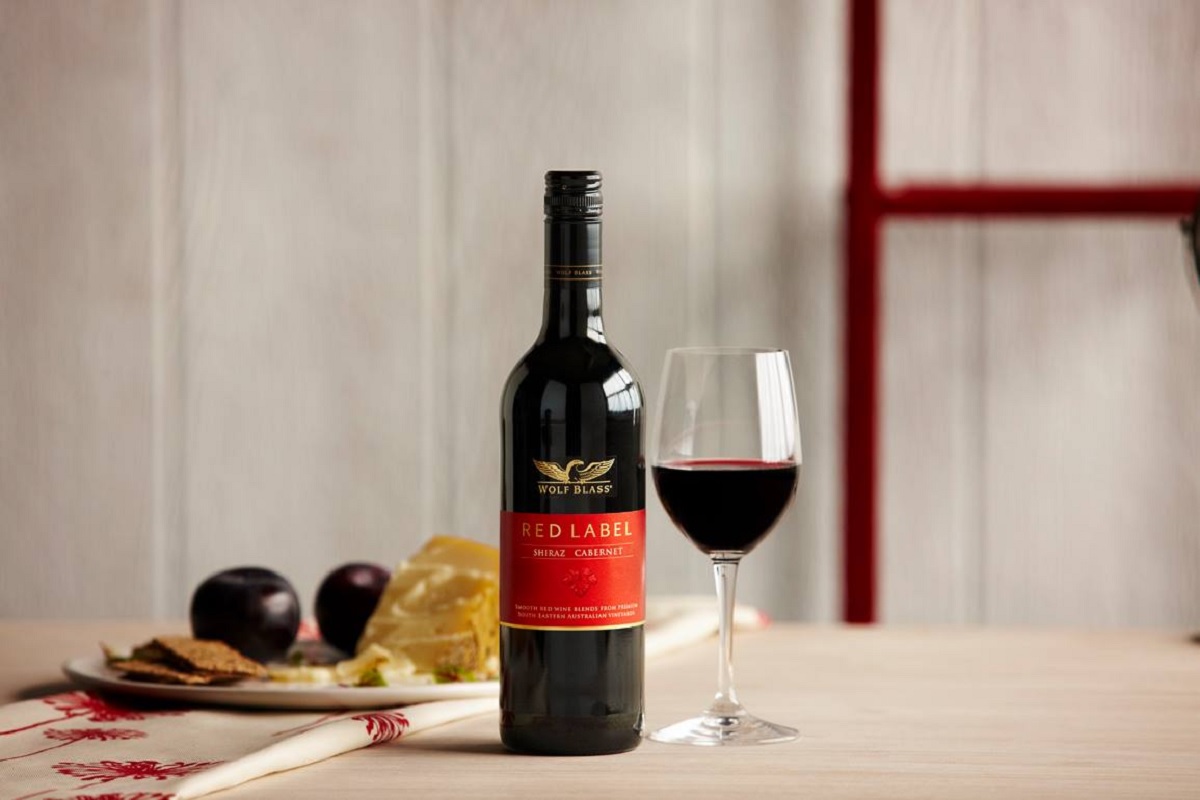Treasury Wine Estates (TWE) has announced its intention to divest its commercial brand portfolio, which includes Wolf Blass, Yellowglen and Blossom Hill, which the company said accounted for less than five per cent of TWE’s gross profit in FY24.
The decision to sell the brands came as part of TWE’s assessment of the future operating model of its global portfolio of premium brands. TWE announced that review as part of its FY24 half-year results and said it would provide a full update of its premium brands review when it makes its FY24 full-year results announcement.
Those results will be announced on Thursday, 15 August and will include the non-cash impairment charge of $354m ($290m after tax) for the commercial brands.
Impairment charges relate to the value of brands and assets and this $290m non-cash charge has been part of TWE’s annual impairment testing process. This impairment will be treated as a material item and relates primarily to the writedown of goodwill ($115m) and brands ($229m), predominantly the commercial brands that TWE intends to divest.
In its statement to the ASX about the impairment and intention to divest the commercial brands, TWE said: “The changes to the carrying value assessment reflect moderated top-line expectations as a result of challenging market conditions for commercial wine, across all markets, and the underperformance of Treasury Premium Brand’s (TPB) brands relative to the category at these commercial price points.
“These adverse trends have offset the benefits from TPB’s strategic focus to premiumise its portfolio, where it has delivered a three-year NSR CAGR of 10 per cent for its priority Premium brands, which include Wynn’s, Pepperjack, Squealing Pig and 19 Crimes.”
TWE has previously stated its intention to focus on its premium brands, having recently announced the integration of its Global Revenue Growth (GRG) function into its TPB division.
At the time, TWE CEO Tim Ford said combining GRG and TPB would help the business to unlock future opportunities for the strong consumer brands within the Premium business.
“When you consider our Premium portfolio, this is a unique offering with an unrivalled global footprint and brands that resonate strongly with consumers. Integrating our GRG capabilities within TPB will enhance our ability to strengthen these brands, foster cutting-edge innovation and deepen our engagement with consumers and customer partners,” he said.
When TWE announced its half-year results in February this year, Ford also highlighted the company’s focus on premium wine.
“The premium wine category, whilst resilient, is highly competitive and we continue to innovate and invest to achieve the goal of outperforming the category and importantly attracting new consumers to wine,” he said.
That investment has included acquiring US DAOU Vineyards in November last year, expanding TWE’s New Zealand footprint and opening an integrated automation and barrel handling system in the Barossa Valley.

